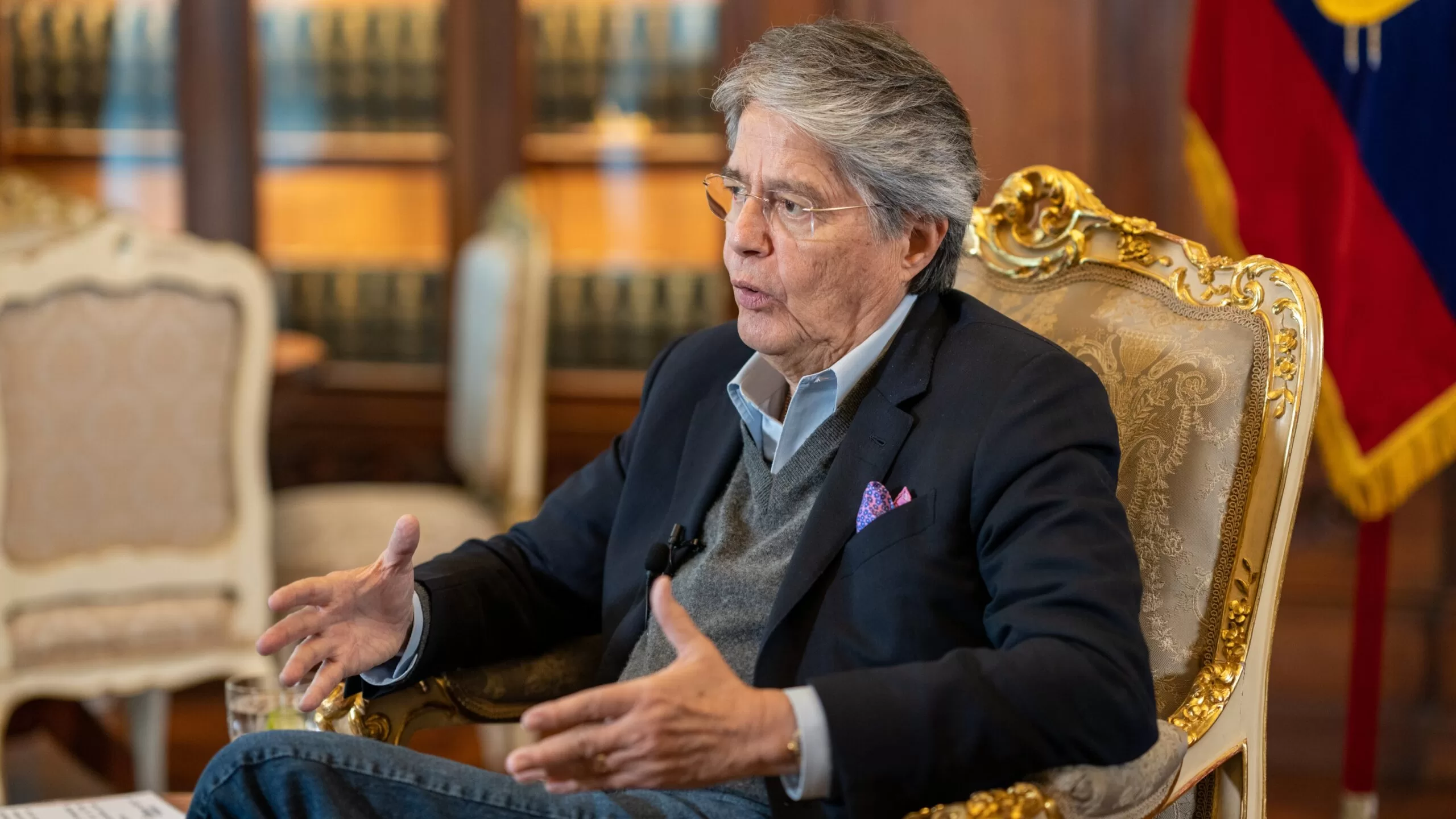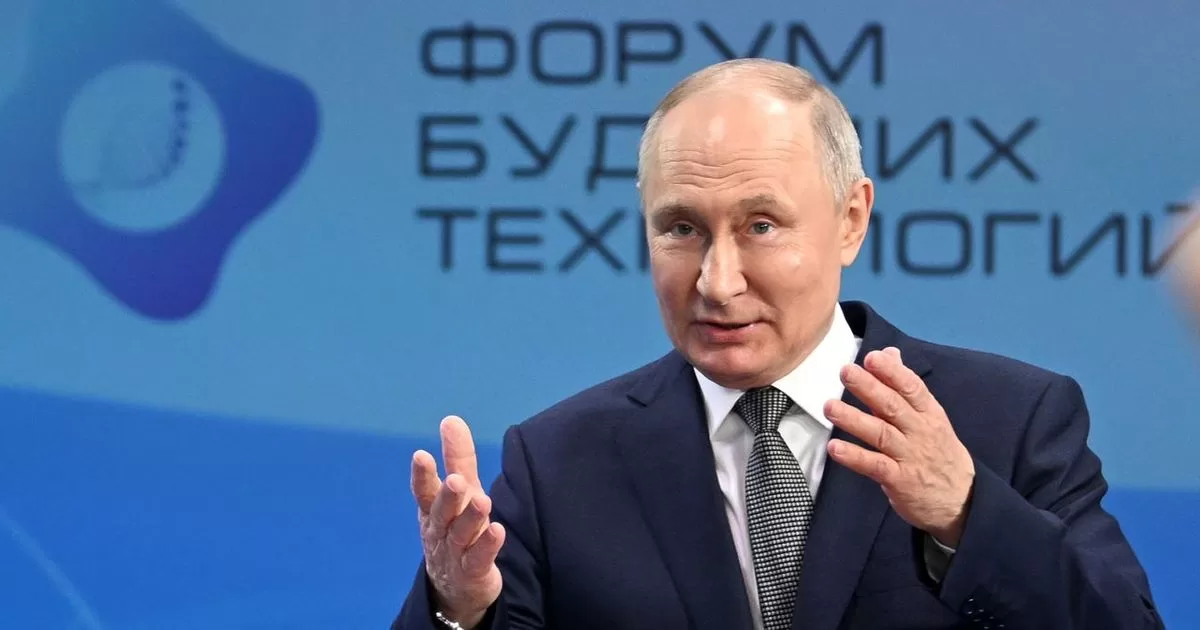The fight between the two leaders of the leftist Movement for Socialism (MAS) had been escalating and finally broke out with the ratification of the Minister of Government, Carlos Eduardo Del Castillo. Now, the infighting threatens to split the party that has ruled the country for nearly two decades.
Observers consider that behind the dispute between the two political leaders is the desire of each one to obtain the presidential candidacy for the MAS for the 2025 elections.
“It is a dispute for power between two factions that are defining the course of the MAS… Although Morales will continue in the political struggle, we can speak of a completed phase,” the university professor of Political Sociology explained to The Associated Press, Renzo Abruzzese.
Both Arce and Morales are fighting for control of unions and social organizations that are the base of MAS, the party founded in 1997 by the former president to defend the interests of coca growers. The cocaleros of the Chapare, the stronghold of the ex-president, have proclaimed him a candidate while the Central Obrera Boliviana (COB) and the largest peasant and indigenous union support Arce. “We are firm in the face of attempts to destabilize the government,” Juan Carlos Huarachi, leader of the COB, said after meeting with Arce this week.
Arce assured that “these political fights are not going to harm economic management” while Morales affirmed on Twitter that he is the victim of “a dirty war” from the government that seeks to force legal proceedings against him to prevent his candidacy. Both Arce and Morales are authorized to run.
Morales jumped into politics from the combative coca unions, first as a deputy until he was elected president after a crisis that engulfed the traditional parties.
On the streets, huge portraits of Arce have replaced those of Morales, who ruled for 14 years until he was forced to resign after a month of violent protests that left 37 dead after the Organization of American States (OAS) denounced a alleged fraud in the 2019 elections in which he was seeking a fourth consecutive term.
Ordinary people don’t seem to care about the fight between Arce and Morales. “We are in bad shape financially, their fights will be worth it (I don’t care), the fact is that with the crisis people stop buying and that affects me,” Silvia Mamani, a 28-year-old street food vendor, told the AP.
Morales was the first indigenous president of Bolivia and during his government (2006-2019) the Andean country experienced the greatest economic boom thanks to the high prices of raw materials. The economy grew at an annual average of 4.6%, the Gross Domestic Product doubled and extreme poverty fell to 12.9% from 37.7% during his administration, according to official data.
Arce was Morales’s Minister of Economy for 11 years and considered the “brain of the economic miracle”, which earned him Morales to choose him so that the MAS would regain power in the 2020 elections after a brief interim period of the center-right led by the opposition senator Jeanine Áñez, who took office after Morales’s resignation. Áñez was sentenced to 10 years in prison in June of last year for breach of duty and resolutions contrary to the constitution by the session of Congress in which she proclaimed herself president.
The dispute between Arce and Morales occurs at a time of economic fragility and experts fear that it will affect governance.
Natural gas exports have ceased to be the mainstay of the economy due to the drop in production due to the depletion of fields and the lack of investment. Last year Bolivia went from exporting to importing fuel. For their part, international currency reserves are running out and economic informality has skyrocketed to 80% while smuggling is liquidating the precarious local industry, according to businessmen.
“We are experiencing the first symptoms of what could be a deeper economic crisis,” said the president of the Chamber of Industry and Commerce, Jean Pierre Antelo.
The World Bank anticipated that the Bolivian economy will grow just 2% this year compared to the 4.8% estimated by the government.
Analysts also fear greater political instability even with outbreaks of violence. “A cycle seems to be ending and the transition will be turbulent in the search for a new State project and new leaders,” Abruzzese warned.
“With Evo we were better, but now everything is a fight, as if that gave us food,” complained Nicasio Choque, 58, while working at his street ice cream stand.
FUENTE: Associated Press






